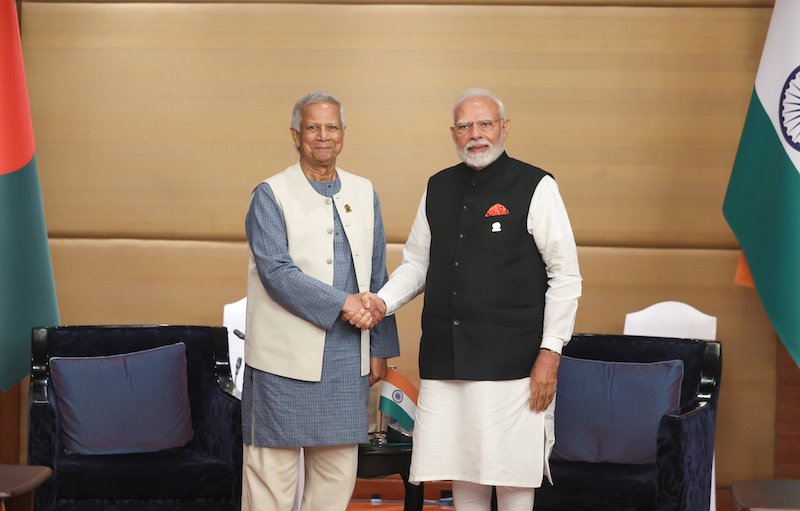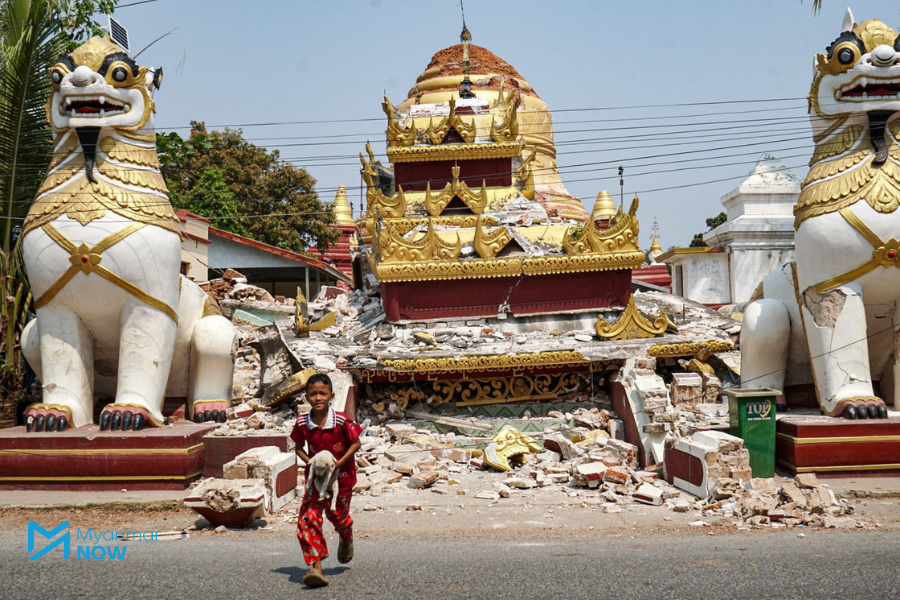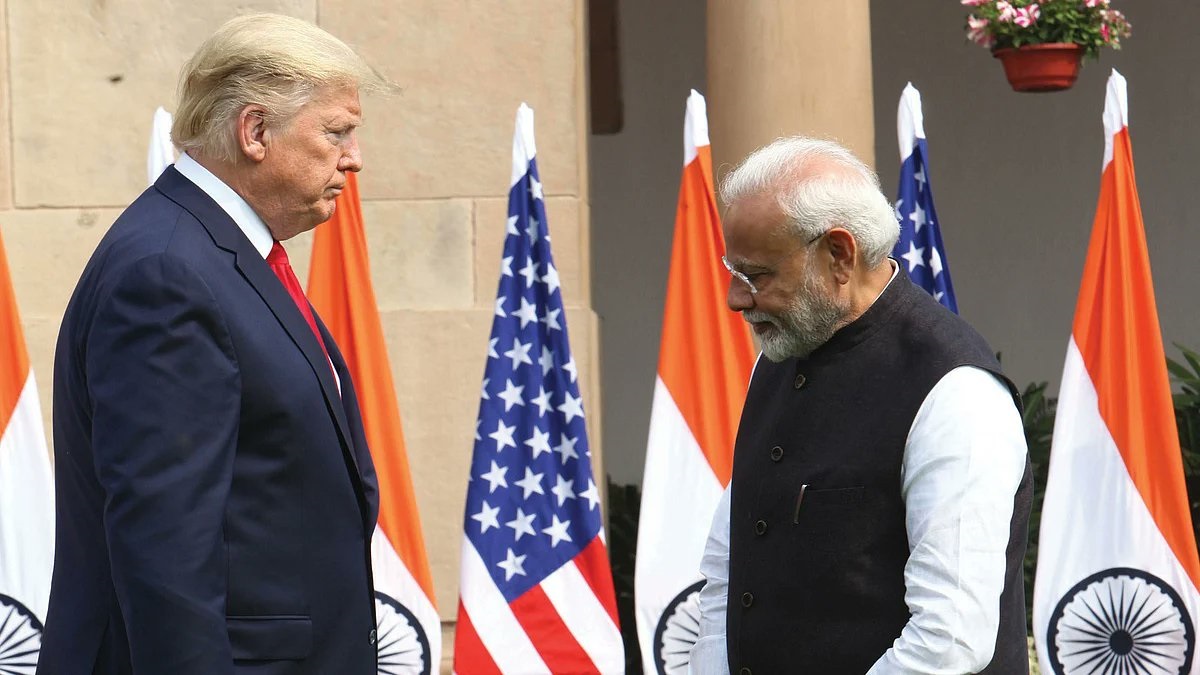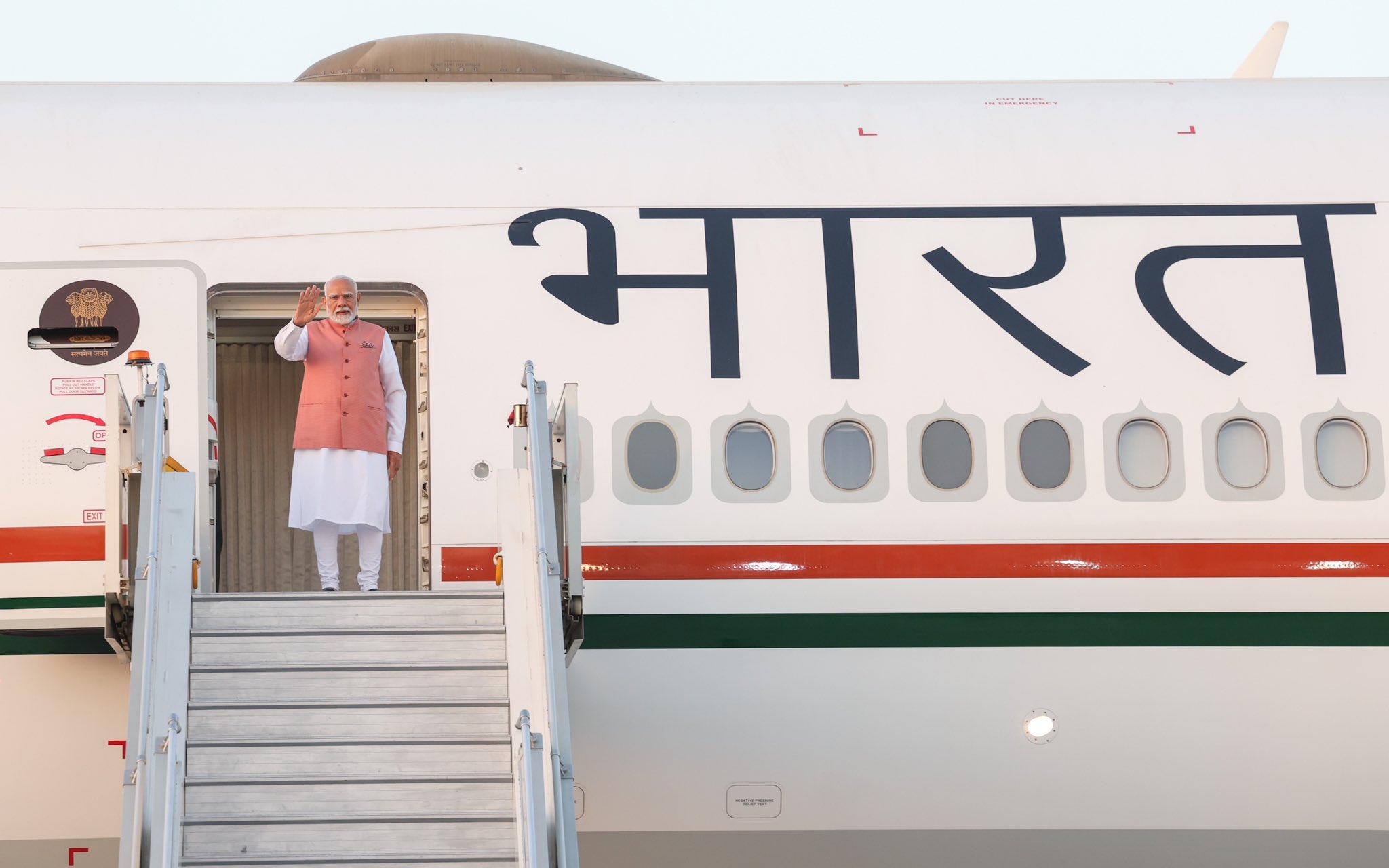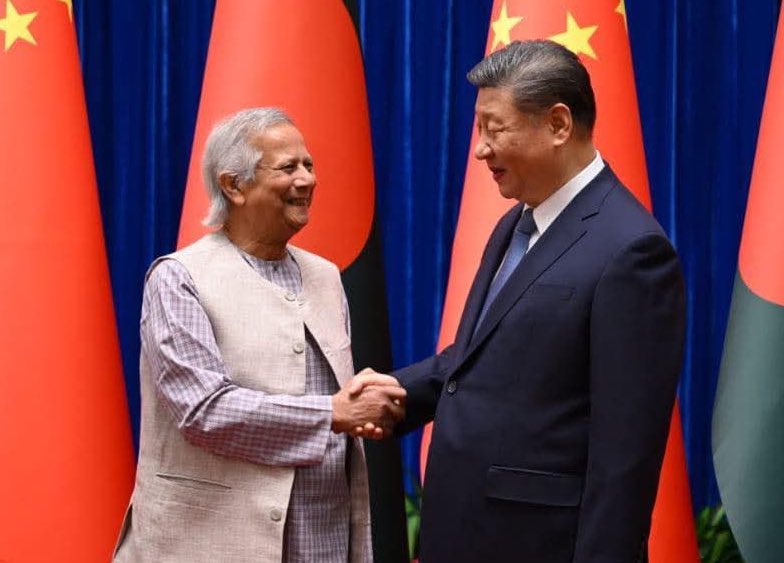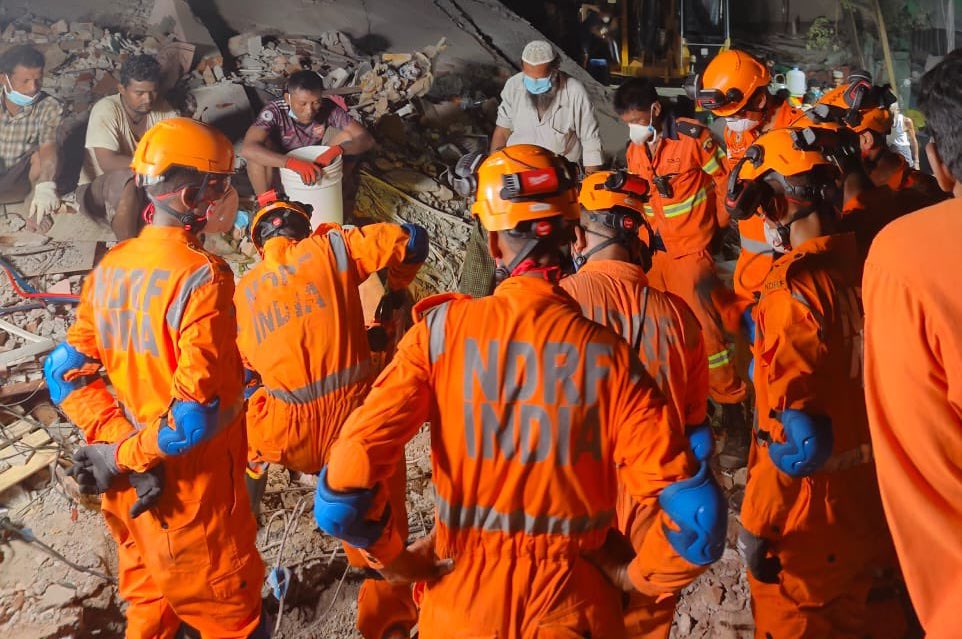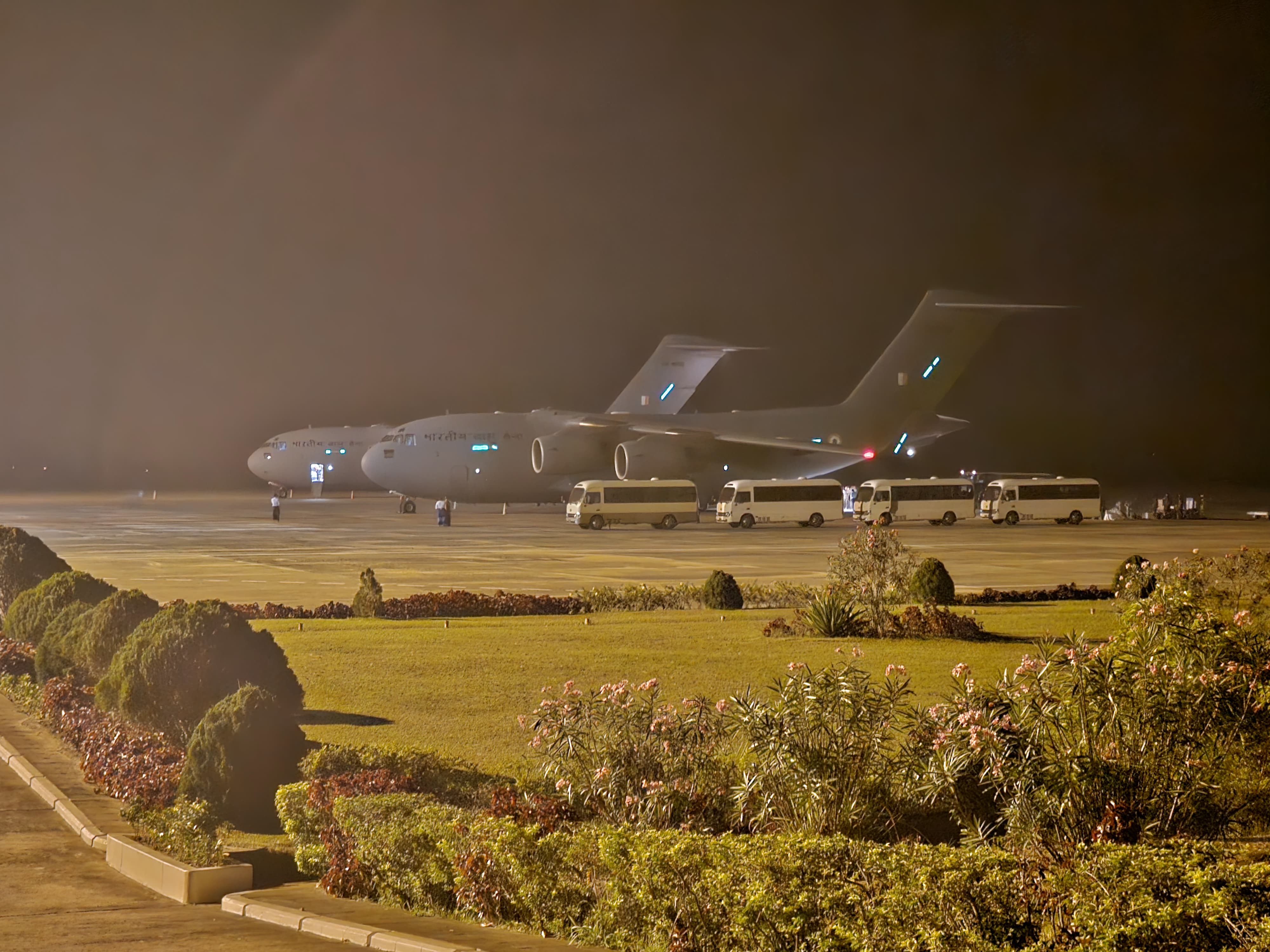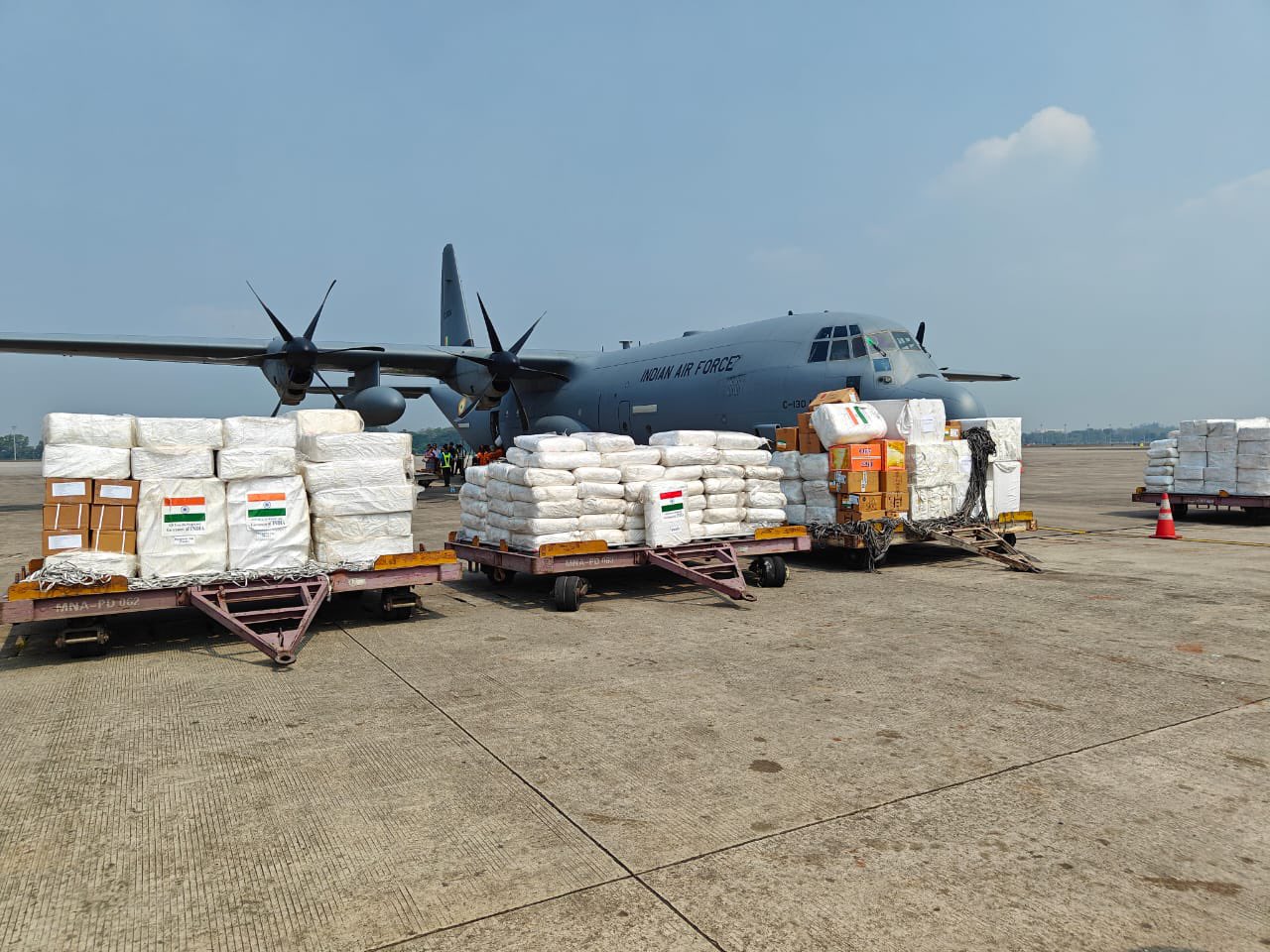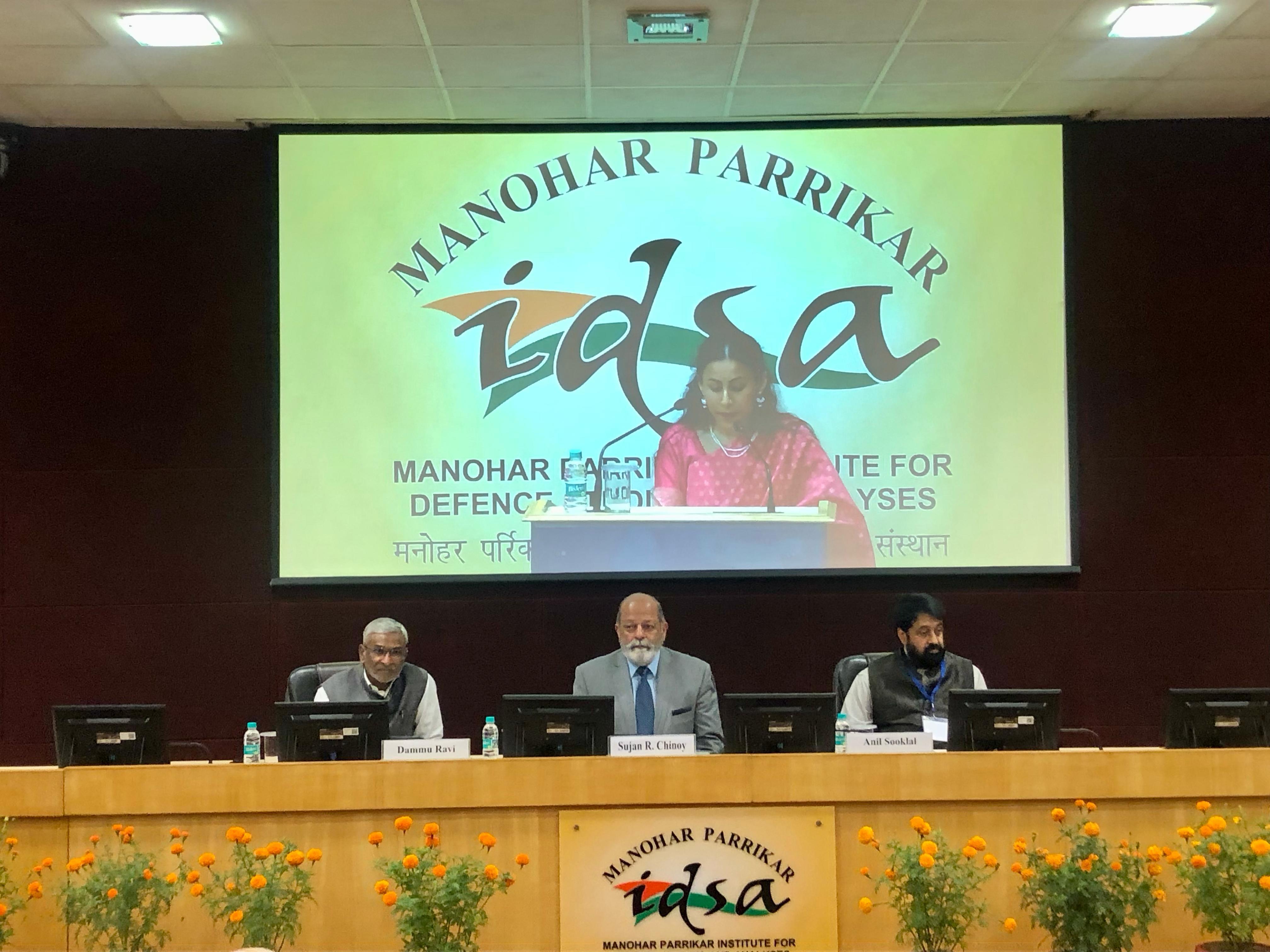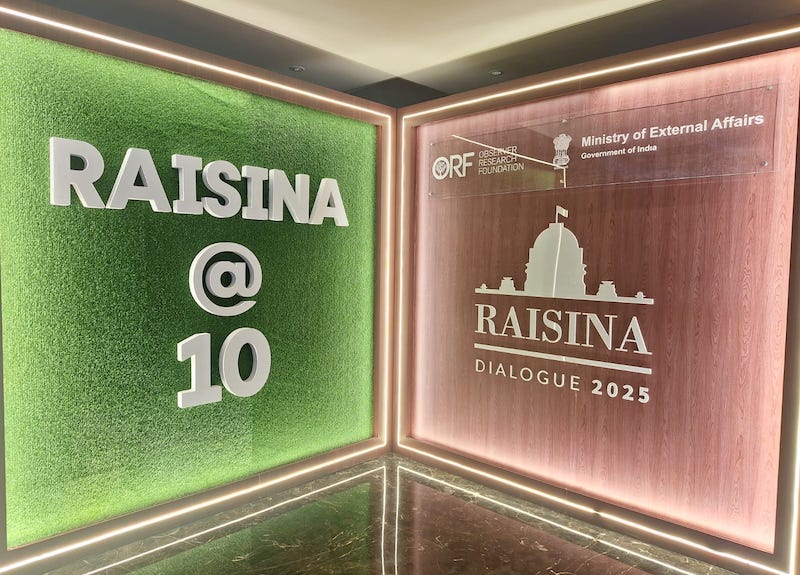
New Delhi: Amid ongoing border tension in Ladakh with China, India on Thursday said that continuation of the current situation would only vitiate the atmosphere for the development of the bilateral relationship.
“We expect the Chinese side to ensure the expeditious restoration of peace and tranquility in the border areas,” Ministry of External Affairs Spokesperson Anurag Srivastava told a virtual press briefing here.
India accused the Chinese side for escalation in tensions along the Line of Actual Control (LAC) in Ladakh region.
“Our statement of June 20 provided the relevant facts and clearly established it has been the Chinese actions thus far which have led to increase in tension in the region and also to the violent face-off of June 15 with casualties,” he added.
On June 15, troops of India and China were locked in a violent face-off in the Galwan Valley in Eastern Ladakh that led to the martyrdom of 20 Indian Army soldiers. However, the Chinese side also suffered casualties but they did not reveal any figure.
The MEA spokesperson pointed out that the incidents and face-offs along the LAC need to be understood in the larger context of recent developments as it helps to bring out the key issues that both sides are seeking to address.
“At the heart of the matter is that since early May, the Chinese side has been amassing a large contingent of troops and armaments along the LAC. This is not in accordance with the provisions of our various bilateral agreements, especially the key 1993 Agreement on the Maintenance of Peace and Tranquility along the Line of Actual Control in the India-China Border Areas,” Mr Srivastava said.
“This notes in particular that ‘each side will keep its military forces in the areas along the line of actual control to a minimum level compatible with friendly and good neighbourly relations between the two countries. Obviously, the Indian side had to undertake counter deployments and the resulting tension has thereafter expressed itself,” he said.
The spokesperson also said that respecting and strictly observing the LAC is the basis for peace and tranquility in the border areas and explicitly recognized so in the 1993 and subsequent agreements.
“Indian troops are fully familiar with the alignment of the LAC in all sectors of the India-China border areas and abide scrupulously by it. They have been patrolling all along the LAC, including in the Galwan Valley, for a long time,” he added.
The spokesperson reiterated that all infrastructure built by the Indian side has always been on its own side of the LAC. The Indian side has never undertaken any actions across the LAC and has never attempted to unilaterally change the status quo, he said.
However, that has not been reciprocated by the Chinese side and that from time to time has led to face-offs, the spokesperson said.
He further said, over many years, both sides have developed patterns of patrolling and it is a reasonable expectation that patrols will not be obstructed in the discharge of their legitimate duties.
“Unfortunately, we have experienced in the last many years obstruction to patrolling that often accompany efforts to unilaterally change the status quo,” Mr Srivastava said.
“To provide for situations where the two sides encounter each other, a set of procedures and norms have been mutually agreed upon. These are reflected in a number of agreements and understandings. While there have been occasional departures in the past, the conduct of Chinese forces this year has been in complete disregard of all mutually agreed norms,'' he added.
The deployment of a large body of troops and changes in behavior has also been aggravated by unjustified and untenable claims. The recent shift in the Chinese position on the Galwan Valley is one example, he added.
The maintenance of peace and tranquility in the border areas is the basis of “our bilateral relationship,” he said.
It is pertinent to mention here India and China have been engaging themselves into resolving border row at diplomatic as well as military-levels.
In this regard, the Corps Commanders of India and China met twice since the issue came up in early May. On Wednesday, the meeting of the Working Mechanism for Consultation & Coordination on India-China Border Affairs (WMCC) was held.
External Affairs Minister S Jaishankar had telephonic interaction with his Chinese counterpart Wang Yi to defuse the border tensions.

